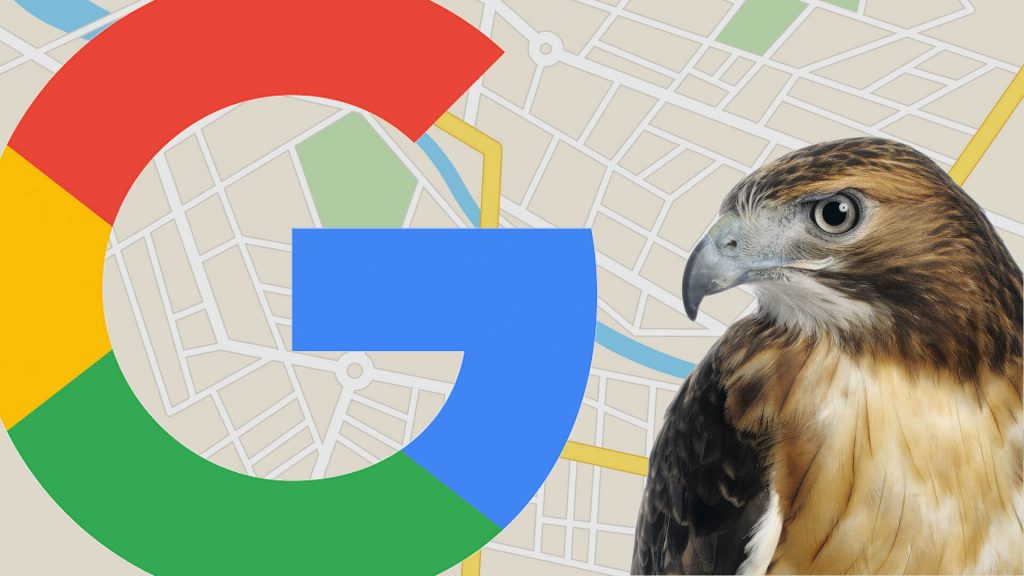I recently reported on an algorithm update impacting the local results that happened on August 22, 2017. This was a strictly-local update, from what I can tell so far, which means that it had no impact on the non-local organic results.
What changed?
The update, which I have dubbed “Hawk,” was a change to the way the local filter works. To get some history here, Google actively filters out listings from the local results that are similar to other listings that rank already. Basically, Google picks the most relevant listing of the bunch and filters the rest. It’s very similar to what they do organically with duplicate content. (Note: Google is typically loath to confirm algorithm updates, usually only saying that it rolls out several updates every day, so these observations are based on an analysis of how local results have changed rather than on any official announcement or acknowledgment.)
The filter has existed for a long time to help ensure that multiple listings for the same company don’t monopolize the search results. In September 2016, the Possum algorithm update made a significant change to the way the filter works. Instead of just filtering out listings that shared the same phone number or website, Google started filtering out listings that were physically located near each other.
This was very problematic for businesses. It meant that if another business in your industry was in the same building as you — or even down the street from you — that could cause you to get filtered out of local search results. Yep, that means your competitors could (inadvertently) bump your listing!
On August 22, 2017, Google refined the proximity filter to make it stricter. It still appears to be filtering out businesses in the same building, but it is not filtering out as many businesses that are close by.
Who this helped
Here is an example of a business I was tracking that benefited from this update. Weber Orthodontics got filtered after the Possum algorithm update for the term “orthodontist wheaton il” due to the fact that they had a competitor down the street — 325 feet from where they were located. This competitor had a higher organic ranking and stronger relevance to that keyword, so they were included in the results, and Weber was filtered out.
Here is a before-and-after screen shot that shows how the local results changed as a result of the Hawk update; notice how Weber was completely missing from the results a few months ago.
I was able to nail down the exact date this happened because I have a robust tracking plan with BrightLocal that scans daily and takes screen shots. After studying multiple, completely unrelated cases, I was able to confirm that all cases had this same pattern on August 22.
Another example was this set of four hotels in Killeen, Texas. Previously, two of the four were filtered.
Now, following the Hawk update, all four are showing.
Who is still filtered?
Naturally, this update didn’t help everyone. Although it tightened the distance needed to filter a similar listing, it didn’t remove it completely. I’m still seeing listings that share an address or building being filtered out of local search results. I also see the filtering problem persisting for a business that is in a different building that’s around 50 feet away from a competitor.
Below, you can see that the local results for “personal injury attorney palmdale” — an example I shared in my Possum article — are still filtering out many attorney listings using the same virtual office address. (All the listings in red share the same address as the listing in green and are filtered as a result.)
Why ‘Hawk?’
The local search community settled on the name “Hawk” for this algorithm update, because hawks eat possums. This is one of the few times where I don’t see any negative outcomes as a result of this update and just wish Google hadn’t taken a year to realize the proximity filter was way too broad.
Some opinions expressed in this article may be those of a guest author and not necessarily Search Engine Land. Staff authors are listed here.

